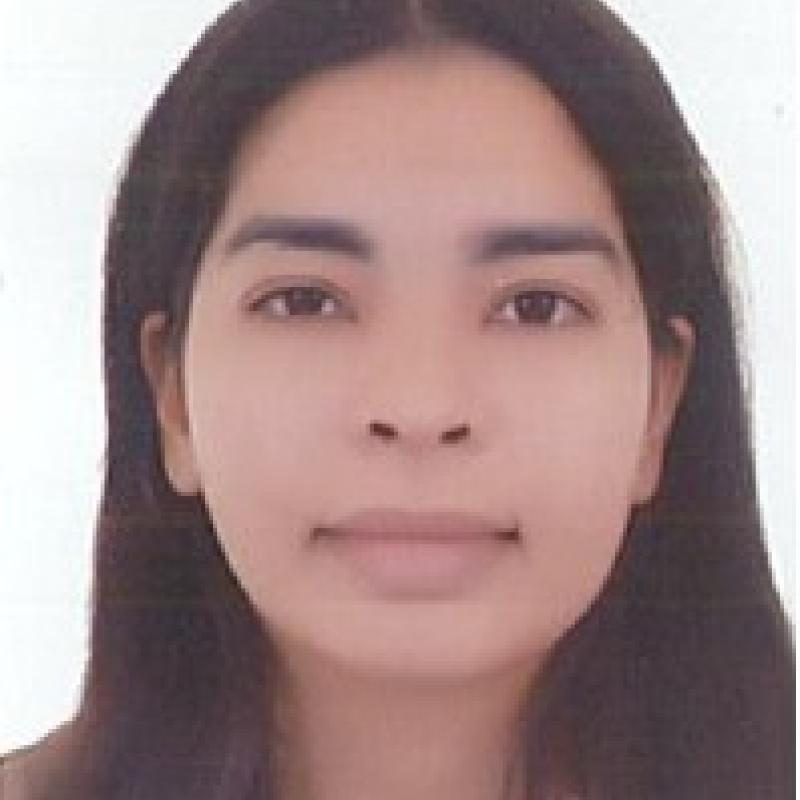“Ms. Fatima Ezzahra Moutik is currently Research Assistant at Entity of AWC strategy and Africa Initiative, University Mohamed VI Polytechnic (UM6P), Morocco.
She did her first degree in engineering in Agronomy at Institute of Agronomy and Veterinary Hassan II (IAV) in 2018. She also obtained her Master of Biotechnology & Agrobioscience at UM6P in 2021.”

Fatima Ezzahra MOUTIK
Research Assistant University Mohammed VI PolytechnicI participated in a workshop in Rome, Italy on February 27 and 28, 2023, which focused on the CGIAR's Independent Advisory and Evaluation Service (IAES) and their new evaluation guidelines. These guidelines are based on the CGIAR Independent Science for Development Council (ISDC)'s Quality of Research for Development (QoR4D) Frame of Reference. They provide a framework for assessing QoR4D within CGIAR and similar organizations, including criteria, dimensions, and methods.
During the workshop, I shared my own experience in evaluating research and science while co-constructing the Agriculture, Water & Climate strategy. The bibliometric analysis for the AWC strategy followed a bottom-up approach in two phases. The first phase involved mapping existing AWC projects at UM6P (Université Mohammed VI Polytechnique). To validate the results, a triangulation process using survey findings and publication databases was conducted. However, integrating the project database with other data sources proved challenging. The second phase included benchmarking UM6P against international peers in Agriculture, Water & Climate fields using bibliometric indicators such as publication quantity, impact (citations, quartiles), and network connections. Since the university is relatively new, the analysis primarily focused on scientific publications.
Before attending the workshop, I was unfamiliar with CGIAR, ISDC, and the Evaluation Function. However, the workshop inspired me to understand the evaluation framework better. I am now motivated to implement changes and develop a new methodology to measure research quality and impact for AWC initiatives.
Looking ahead, two actions are proposed. First, adopting CGIAR criteria for research assessment is suggested as a new approach to measure research quality and impact. Second, assessing projects and their outputs is recommended to evaluate the effectiveness and outcomes of Agriculture, Water & Climate initiatives. These actions will also aid in designing our evaluation framework, considering the dimensions of QoS, such as the relevance and effectiveness of research programs/projects, the participation and transparency of partnerships, and the impact and sustainability of research program/project outputs.